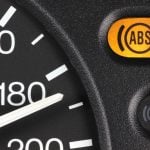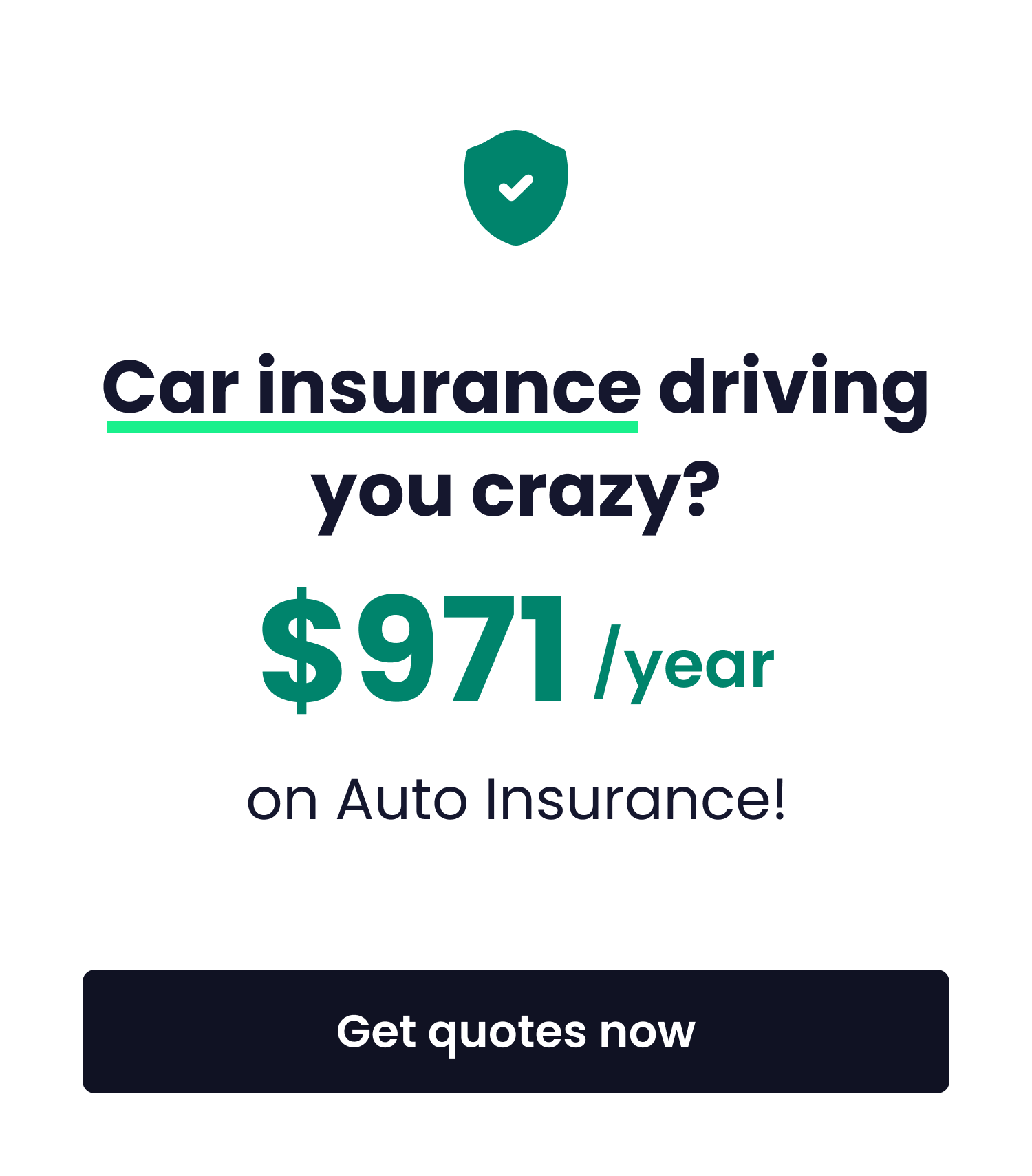Data suggests that over 13% of motorists in the US are driving without car insurance! Driving without valid car insurance is illegal. It can also lead to a whole lot of financial issues, including debt and bankruptcy. That’s why the police try to catch motorists driving without insurance.
Before we go on, it is important to understand that not having auto insurance and not being able to show that you have it are two entirely distinct violations. Both of these may result in varying penalties depending on your state.
Traffic enforcement officials are no slackers when it comes to employing technology to make their job easier. More and more states are extracting information on uninsured drivers from a rather extensive and up-to-date state database. By using automatic license plate recognition systems (APLR), cops can now verify whether you have insurance even before they step out of their cars. The situation being so, it’s best to have answers to some confusing questions about driving without insurance.
How Do Police Catch Uninsured Drivers?
Driving without insurance is a secondary crime in all 50 states. The police cannot run your plates through the uninsured motorists’ database unless they pull you over initially for another reason.
-
Random checkpoints
Police set up random checkpoints along major roadways, pull you over, and shall ask to show your license, registration, and insurance. This is basically the only way police can search for your insurance details without having a specific reason to pull you over. You cannot escape from the checkpoints after showing an expired car insurance card or an expired car insurance policy number. The police are able to verify your current car insurance status and, if found not insured, are authorized to tow away the vehicle.
-
Traffic violations
You can also cause trouble for yourself by violating traffic laws. The first thing to remember is that the police don’t even need a major violation to pull you over. Cops can pull you over for speeding, running a stop sign, or even a busted headlamp! The police will then collect your license, registration, and insurance card and check your information. All they need to do is call your insurance provider’s 800 number to find out whether you are currently insured by the insurance provider listed on your insurance card.
-
Automatic License Plate Recognition Systems
The police use Automatic License Plate Recognition (ALPR) cameras to find uninsured drivers. Using ALPR, the police can verify whether your car has valid insurance simply by running your license plate, without even approaching your car. The APLR camera snaps a photo of your car license plate, and then the onboard computer tells it if you’re on the state’s list of uninsured drivers. Of course, they still have to pull you over for something else, but they don’t need your insurance card to find out if you have valid car insurance.
Why Is It Illegal to Drive Without Car Insurance?
Federal law requires drivers to have car insurance to ensure that the interests of pedestrians and other motorists are protected if an accident occurs. The cost of a car crash can be quite devastating, and if you don’t have car insurance, you and the other parties involved can be ruined financially. If you are at fault in an accident and have insurance, your insurance provider will cover the claims of the person you hit. Now, if you don’t have valid car insurance, you’ll have to pay for the other person’s hospital bills, car repairs, and other losses from your pocket. To avoid all these issues, make sure you have valid car insurance.
What Really Happens If You Get Caught Driving Without Insurance?
If you’re caught driving without valid auto insurance, you could find yourself facing harsh penalties. The amount you’ll need to pay varies from state to state. Other possible outcomes of driving without car insurance include exorbitant ticket fees, license suspension, license reinstatement fees, having your vehicle impounded, and even jail time.
Penalties for Driving Without Car Insurance
| State | Penalties | Notes |
| Alabama | Fine up to $500, license suspension up to 1 year, vehicle impoundment | Repeat offenders face harsher penalties. |
| Alaska | Fine up to $500, license suspension up to 90 days, vehicle impoundment | Variances by municipality. |
| Arizona | Fine up to $1,500, license suspension up to 1 year, vehicle impoundment | Additional fees for reinstatement and SR-22 filing. |
| Arkansas | Fine up to $2,500, license suspension up to 1 year, vehicle impoundment | Court-ordered community service or education programs may be required. |
| California | Fine up to $3,000, license suspension up to 1 year, vehicle impoundment | Points added to driving record, higher insurance rates upon reinstatement. |
| Colorado | Fine up to $1,000, license suspension up to 6 months, vehicle impoundment | Points added to driving record, community service may be required. |
| Connecticut | Fine up to $2,500, license suspension up to 1 year, vehicle impoundment | Repeat offenders face increased fines and potential jail time. |
| Delaware | Fine up to $1,000, license suspension up to 1 year, vehicle impoundment | Points added to driving record, higher insurance rates upon reinstatement. |
| Florida | Fine up to $1,500, license suspension up to 1 year, vehicle impoundment | Points added to driving record, community service may be required. |
| Georgia | Fine up to $1,000, license suspension up to 1 year, vehicle impoundment | Points added to driving record, higher insurance rates upon reinstatement. |
| Hawaii | Fine up to $3,000, license suspension up to 1 year, vehicle impoundment | Points added to driving record, community service may be required. |
| Idaho | Fine up to $1,000, license suspension up to 1 year, vehicle impoundment | Points added to driving record, community service may be required. |
| Illinois | Fine up to $2,500, license suspension up to 1 year, vehicle impoundment | Points added to driving record, higher insurance rates upon reinstatement. |
| Indiana | Fine up to $1,000, license suspension up to 1 year, vehicle impoundment | Points added to driving record, community service may be required. |
| Iowa | Fine up to $1,000, license suspension up to 30 days, vehicle impoundment | Points added to driving record, higher insurance rates upon reinstatement. |
| Kansas | Fine up to $1,000, license suspension up to 1 year, vehicle impoundment | Points added to driving record, community service may be required. |
| Kentucky | Fine up to $1,000, license suspension up to 1 year, vehicle impoundment | Points added to driving record, higher insurance rates upon reinstatement. |
| Louisiana | Fine up to $1,000, license suspension up to 1 year, vehicle impoundment | Points added to driving record, community service may be required. |
| Maine | Fine up to $1,000, license suspension up to 1 year, vehicle impoundment | Points added to driving record, higher insurance rates upon reinstatement. |
| Maryland | Fine up to $1,000, license suspension up to 1 year, vehicle impoundment | Points added to driving record, higher insurance rates upon reinstatement. |
| Massachusetts | Fine up to $5,000, license suspension up to 1 year, vehicle impoundment | Points added to driving record, higher insurance rates upon reinstatement. |
| Michigan | Fine up to $1,000, license suspension up to 1 year, vehicle impoundment | Points added to driving record, higher insurance rates upon reinstatement. |
| Minnesota | Fine up to $1,000, license suspension up to 1 year, vehicle impoundment | Points added to driving record, higher insurance rates upon reinstatement. |
| Mississippi | Fine up to $250, license suspension up to 30 days | Penalties may increase for repeat offenses. |
| Missouri | Fine up to $1,000, license suspension up to 1 year, vehicle impoundment | Points added to driving record, higher insurance |
Can Cops Tell If You Have Insurance by Running Plates?
Yes, they can. Almost all police cruisers have in-car computers now. These allow police to access license plate info, including insurance status, via the state database. APLR and in-car computers help cops figure out whether a particular car/driver has valid car insurance before approaching them.
Can a Cop Run Your Plates for No Reason?
Yes, they can. If you are driving on a public street, a police officer can run your plates for a particular reason. The logic is that your license plates are in plain sight. It is not something that’s private and confidential. Therefore, drivers should not expect the police to not run their plates. However, they can pull you over only if they notice any problems.
What Do Police See When They Run Your Plates?
When a police officer runs your plates, they can see
- Name of the registered owner
- The license status of the registered owner
- Year, make, and type of car
- Registration expiry date
- Unpaid parking tickets, if any
- Outstanding warrants, if any
- Insurance information
Common Queries
Can cops tell if your insurance has expired?
Can police tell if you have insurance by running your plate?
How do police catch uninsured drivers?
Can the police scan your license plate for insurance?
What will happen if you get pulled over while driving without valid auto insurance?
Can the police see if you have insurance?
What are some consequences of driving without insurance?
How do states deal with uninsured drivers?
What do the automatic license plate recognition systems do?
Renée Martin is a travel and car expert who focuses on road and air travel in the U.S. For the past 6 years, she’s been helping make driving and trip planning easier and budget-friendly for everyday travelers.



















